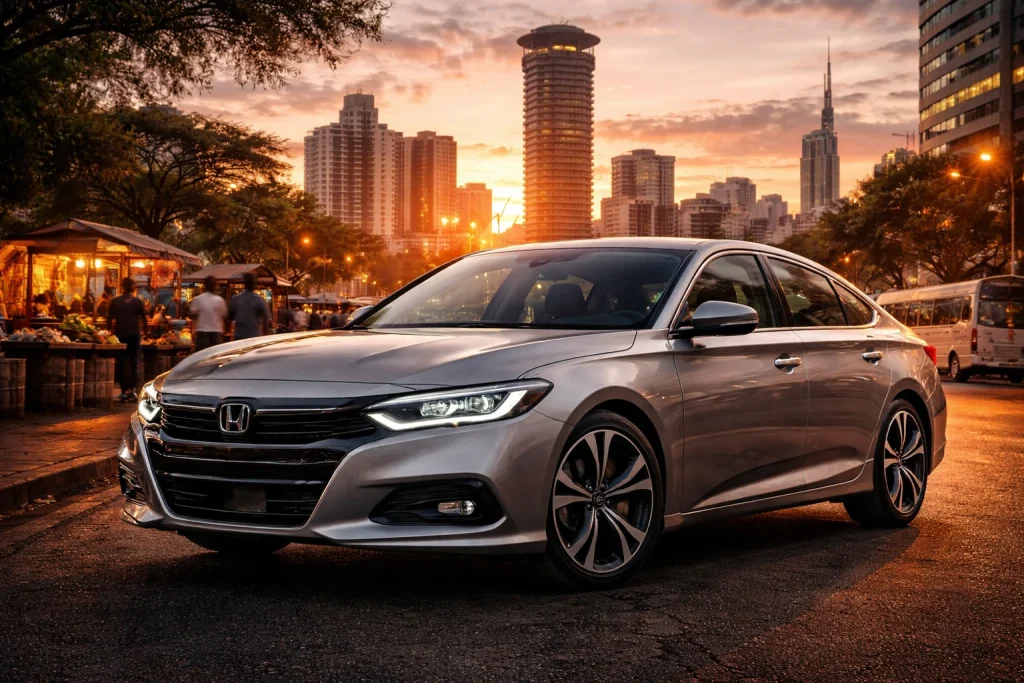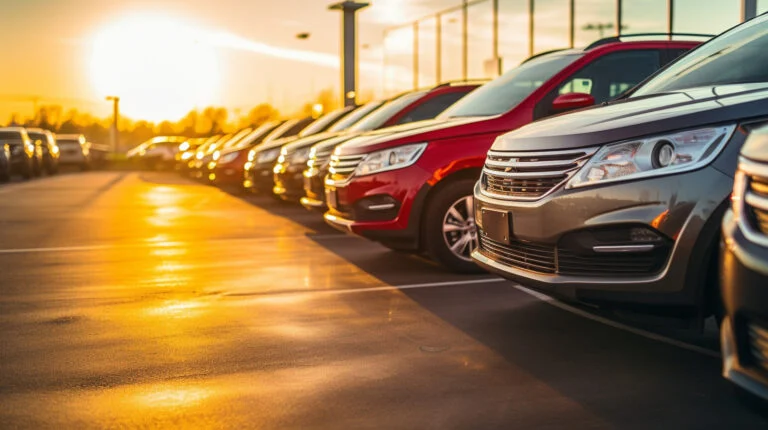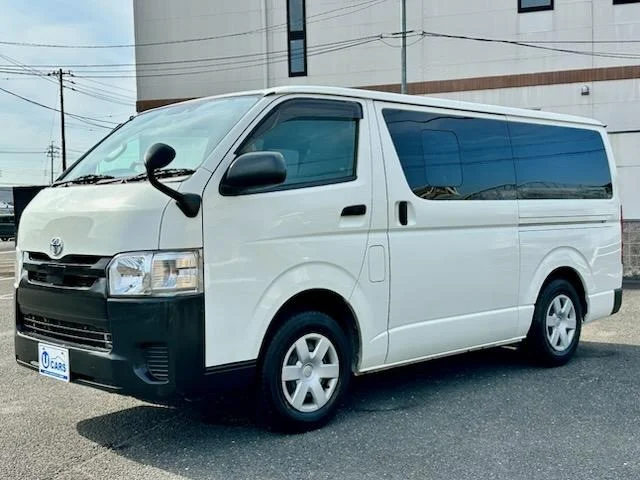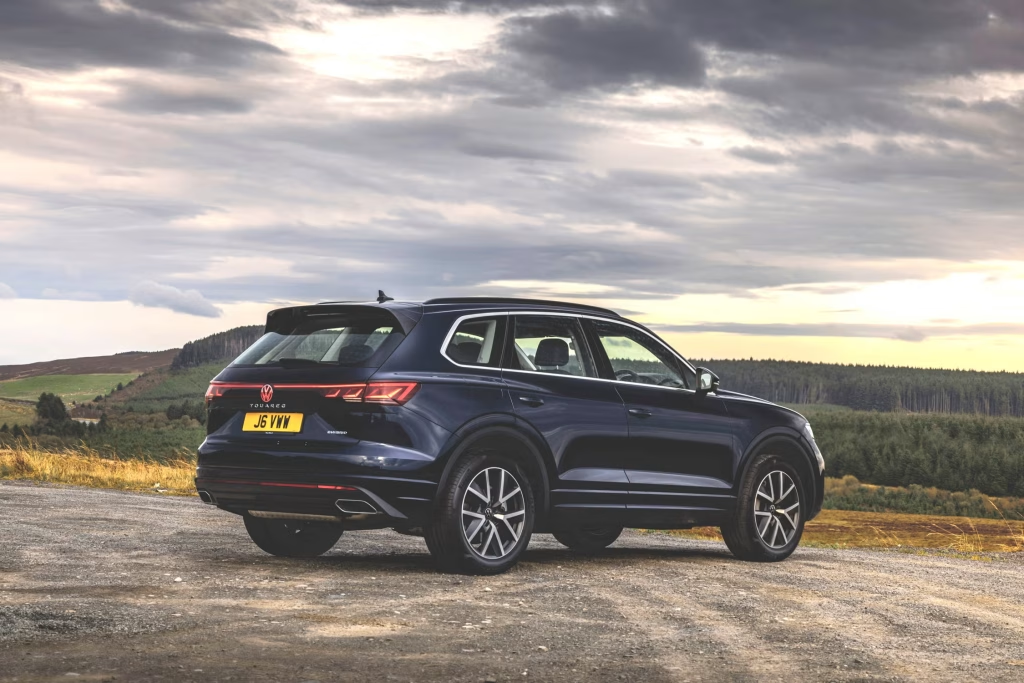Buying a car is one of the biggest financial decisions for many Kenyans. With the cost of new vehicles skyrocketing and locally used units often overpriced or worn out, more car buyers are discovering the financial benefits of importing quality used cars from abroad.
Whether you’re a first-time buyer, a fleet operator, or just looking for value, this guide will walk you through why buying a used car from Japan, the UK, or other global markets can be a smart move—and how to do it right.
Why Buy Used Cars from Abroad Instead of Locally?
Here’s why thousands of Kenyans are turning to direct imports:
- Better Condition: Vehicles from Japan or the UK often come with lower mileage and better maintenance history.
- Lower Prices: Even after factoring shipping and duties, imported cars can be cheaper than local equivalents.
- Wider Variety: You access models and trims not commonly found in Kenya.
- Verified History: Auction sheets from Japan and logbooks from the UK offer transparency.
- Customization: You can choose features like sunroofs, leather seats, or hybrid engines.
Top Countries to Source Quality Used Cars
1. Japan 🇯🇵
- Known for high-quality, low-mileage cars
- Strict vehicle inspection system (Shaken) ensures good maintenance
- Excellent for Toyota, Nissan, Honda, Subaru, and Mitsubishi
2. United Kingdom 🇬🇧
- Ideal for European cars like Mercedes-Benz, BMW, Audi, and Land Rover
- Right-hand drive vehicles, suitable for Kenyan roads
- Often higher mileage than Japan, but premium models
3. Thailand/UAE/Singapore
- Specialized markets for luxury and commercial vehicles
- Less popular due to left-hand drive restrictions, but options exist for reconditioning
Japan remains the best all-around source due to price, availability, and Kenya’s existing import ecosystem.
Step-by-Step Guide: How to Import Quality Used Cars from Abroad to Kenya
Step 1: Determine Your Budget
Include the total cost: purchase, shipping, insurance, clearing, duty, and registration.
Step 2: Choose a Trusted Import Agent or Platform
Work with platforms like CarsKenya or partner with exporters in Japan (like BeForward, Enhance Auto, etc.). Get help interpreting auction sheets.
Step 3: Select and Bid on the Vehicle
You can either:
- Pick from already-listed units
- Bid through a Japanese auction (agent does this on your behalf)
Step 4: Make the Payment
Most sellers require full payment or a deposit. Always use verified payment methods (LC, Telegraphic Transfer).
Step 5: Vehicle Shipping
Once payment clears, the vehicle is shipped (approx. 4–6 weeks). Shipping is typically done via RoRo (Roll-on/Roll-off).
Step 6: Clearing and Registration in Kenya
Clearing agents handle import duty, VAT, IDF fees, NTSA registration, and number plate issuance.
Step 7: Inspection and Delivery
Ensure the car passes JEVIC inspection (mandatory for Kenya), then receive it at Mombasa Port or have it delivered to Nairobi and beyond.
Cost Breakdown of Importing a Used Car to Kenya
🔹 Example: Toyota Axio 2016 (Auction Price = $4,500)
| Item | Estimated Cost (KES) |
|---|---|
| Purchase + Freight (C&F) | Ksh 700,000 |
| Import Duty + Taxes | Ksh 300,000 |
| Port & Clearing Charges | Ksh 60,000 |
| NTSA Registration & Plate | Ksh 18,000 |
| Transport to Nairobi | Ksh 20,000 |
| Total | ~Ksh 1.1 Million |
Local equivalent may cost Ksh 1.35M – 1.5M, meaning you can save Ksh 200K–400K or more.
Use KRA’s Import Duty Calculator to estimate exact costs.
Benefits of Importing vs Buying Locally
| Factor | Importing | Local Purchase |
|---|---|---|
| Price | ✅ Cheaper overall | ❌ Often overpriced |
| Condition | ✅ Verified with auction sheets | ❓ Risk of tampering |
| Variety | ✅ Full access to trims and features | ❌ Limited options |
| Warranty | ✅ Available via agent (e.g. CarsKenya offers 1+1 year for hybrids) | ❌ Rare |
| Mileage Transparency | ✅ Guaranteed via auction sheets | ❓ Often rolled back locally |
| Financing | ✅ Available with partners like Autochek | ✅ Also available, but stricter terms |
What to Watch Out for When Buying Quality Used Cars from Abroad
Despite the advantages, importing isn’t foolproof. Be mindful of:
- ❌ Scam Exporters: Always verify the exporter’s credibility.
- ❌ Fake Auction Sheets: Use reliable translators or agents.
- ❌ Wrong Vehicle Year: Kenya only allows imports of vehicles 8 years or newer.
- ❌ Hidden Costs: Always account for duty, inspection, and transport.
🛡️ Work with reputable agents like CarsKenya to avoid these pitfalls.
Money-Saving Tips When Importing a Car
1. Choose Popular Brands
Toyota, Nissan, Mazda, and Honda have cheap parts and lower duties due to lower vehicle value.
2. Use an Experienced Import Agent
Agents handle auction sheet analysis, bidding, inspection, and clearing—saving time and mistakes.
3. Consider Hybrid Cars
Hybrids like Toyota Prius, Aqua, and Honda Fit Hybrid offer excellent fuel economy and attract fewer taxes.
4. Monitor Auction Trends
Prices fluctuate based on demand and shipping schedules. Your agent can advise the best time to buy.
5. Bundle Services
Agents like CarsKenya offer all-in-one services, including optional import financing, insurance setup, and delivery—potentially saving thousands.
Why Work with CarsKenya to Import Your Car
With dozens of successful imports monthly, CarsKenya simplifies the process:
- Access to Japan’s top auction houses (USS, ARAI, TAA)
- Clean, accident-free units only
- Pre-inspection, clearing, and NTSA registration
- Nationwide delivery
- Warranty on hybrid batteries (1+1 year via JVSC)
- Financing support via Autochek
📞 Call/WhatsApp: +254 713 147 136
📍 Visit us: Bishop Magua Building, Ngong Road, Nairobi
Final Thoughts: Should You Import Your Next Car?
If you’re looking for a reliable, affordable, and customized vehicle that fits your budget and lifestyle, importing a quality used car from abroad is one of the smartest decisions you can make.
From sedans like the Toyota Axio or Mazda Axela to hybrids like the Aqua, or SUVs like the Subaru Forester, importing allows you to save money while upgrading to a better car.
With CarsKenya, the process is transparent, cost-effective, and worry-free.





